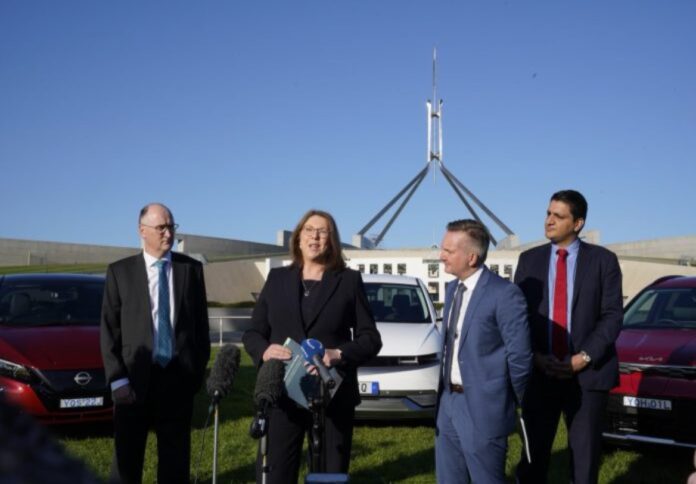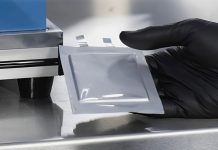
A fuel efficiency standard as well as an increase in local manufacturing and recycling of materials are some of the key pillars of the newly launched National Electric Vehicle Strategy in an effort to remove barriers to buying electric vehicles (EVs), the Australian Government announced.
A national first, the roadmap enumerated three focus areas for the Australian government such as the supply of EVs, the systems and infrastructure needed to support uptake, and the demand from drivers for them.
The strategy anticipates six outcomes, including a greater variety of EVs, a reduction in transportation emissions, increased ease of charging EVs across the country, an increase in local manufacturing and recycling of materials, making EVs more affordable, and making it cheaper for people to operate their vehicles.
The intention to implement a fuel economy standard, which mandates automobile manufacturers to meet specified emissions levels for their entire fleet or face fines, is another fundamental pillar of the approach, according to the plan.
“The government will work in consultation with stakeholders on the design of a Fuel Efficiency Standard for passenger and light commercial vehicles that is broadly consistent with standards in place in major advanced markets and make a strong contribution to meeting our emission reduction goals,” the strategy stated.
It also revealed that to date, Australia and Russia are among the only developed countries that do not have fuel efficiency standards.
“Australia has been next to Russia as one of the only advanced economies without a Fuel Efficiency Standard – it’s time we took that step. Because if we don’t act, Australians will continue to miss out and pay more at the bowser,” Minister for Climate Change and Energy Chris Bowen and Minister for Infrastructure, Transport, Regional Development and Local Government, Catherine King, said in a joint statement.
In addition, the strategy will also help to integrate EVs into workplaces and households, with efforts such as battery recycling, infrastructure planning, apartment building design, and the delivery of world-class training for emergency responders.
The framework will serve as a guide for governments as they continue to collaborate to create the systems and infrastructure required to support this early-stage change.
This shift will, crucially, provide new skills and employment possibilities for Australians, including green jobs in manufacturing and other industries that support the energy change, the ministers noted.
Consultation on the design of fuel efficiency standards begins today and is available through www.cleanercars.gov.au
Following the consultation, the government will release its proposed Fuel Efficiency Standard by the end of 2023.
The National Electric Vehicle Strategy can be viewed through this link.




















